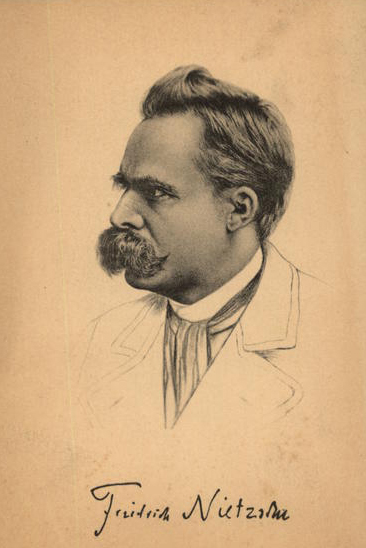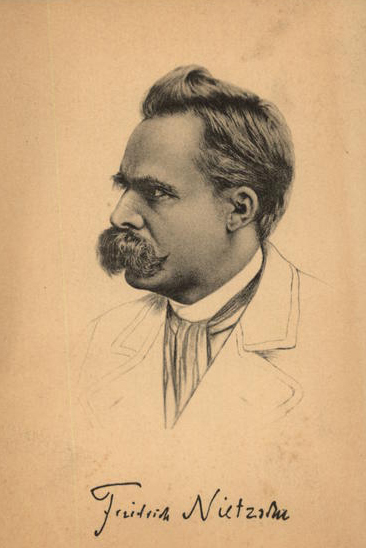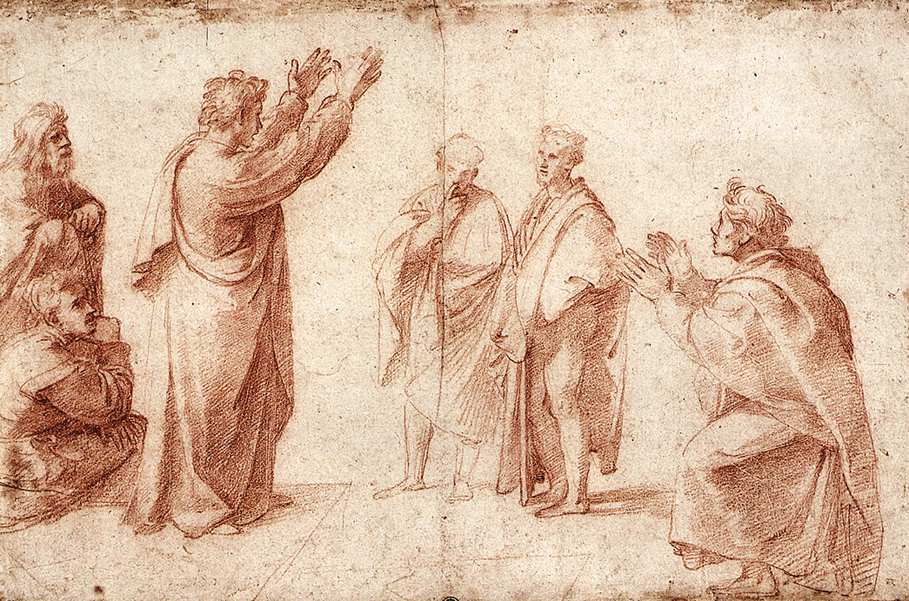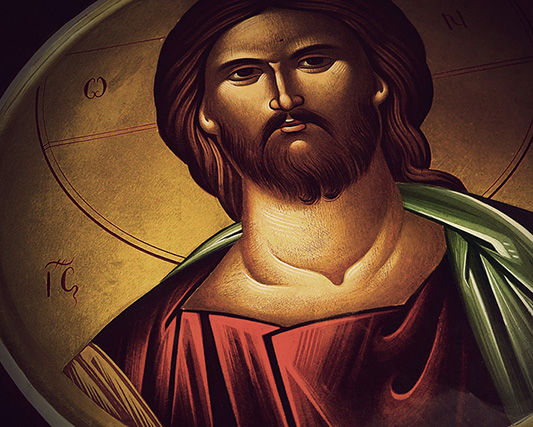by Evropa Soberana
A Jewish sect appears
The story starts in the year 33: the date on which a Jewish rebel named Yeshua or Jesus, who had proclaimed himself the Messiah of the Jews and King of Israel, was crucified at the hands of the Romans. In this first expansive phase of Christianity, Sha’ul of Tarsus (for posterity, Saint Paul), a Jew with Roman citizenship of Hellenistic and cosmopolitan education, although brought up under the most recalcitrant Jewish fundamentalism, takes on special importance.
At first, this character had been dedicated to persecuting Christians (which, let’s not forget, were all Jews) in the name of the authorities of official Judaism. At a given moment in his life, he falls off the horse—literally, it is said—and tells himself that a doctrine that has had such a hippiesque effect among the Jews themselves, would cause a terrible devastation in Rome: hated to death by both he as almost all the Jews of his time.
After his great revelation, Saint Paul decides that Christianity is a valid doctrine to be preached to Gentiles, that is, to non-Jews. With that intelligent diplomatic skill for business and subversive movements, St. Paul establishes numerous Christian communities in Asia Minor and the Aegean, from which the ‘good news’ will be hyper-actively preached.
Subsequently, numerous preaching centres are founded in North Africa, Syria and Palestine, inevitably going to Greece and Rome itself. Christianity ran like wildfire through the most humble layers of the population of the Empire, which were the most ethnically orientalised layers.
It then passes to the Roman Empire through the Jews, headed by St. Paul, St. Peter and other preachers. Its nature, based on the sinister Syrian-Phoenician mysteries that presupposed the sinfulness and impurity of the being who practiced them, is attractive to the immense mestizo masses: Rome’s slaves.
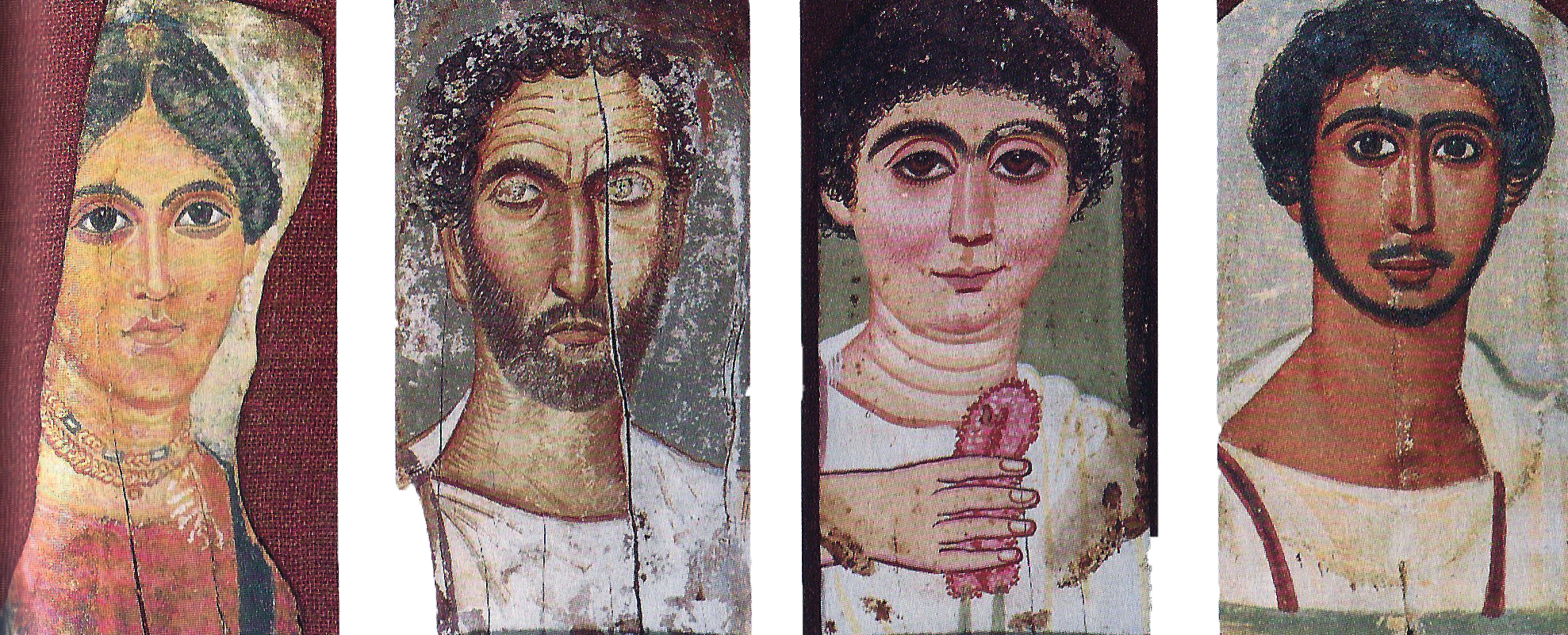
Note of the Editor: See my hatnote to Kriminalgeschichte 47. These are the type of mudbloods and sandniggers that composed the first Christians. The image is taken from funerary portraits of faithful resemblance to Greek-speaking people residing in Egypt. The portraits survived thanks to the dryness of the Egyptian climate. Although it is impossible to say who these men or women were, all were early Christians according to the book where I scanned the image (page 109 of an English-Spanish translation of After Jesus, 1992, The Reader’s Digest Association, Inc.).
______ ______
The first Christian meetings in Rome are carried out secretly, in the underground Jewish catacombs; and in the Jewish synagogues Christian discourses and sermons are delivered: very different from those that will take place in later Christian Europe.
St. Paul’s speeches are political cries: intelligent, virulent and fanatical harangues that urge the faithful to accept Jesus Christ to achieve redemption. The book of John of Patmos[1] is a mixed incendiary formula like delirious visions of the Apocalypse, the fall of Rome or Babylon, the New Jerusalem, the slaughter of the infidels, the arrival of the Kingdom of Heaven, the eternal salvation through Jesus Christ, the horrendous condemnation of pagan sinners and all those strange oriental ideas.
Another key point that must be recognised as very skilful by the first preachers was to take advantage of the affinity for the poor, the dispossessed, the abandoned, the vagabonds and those who cannot help themselves; and the establishment of institutions of charity, relief and assistance. All this is clearly a forerunner of the social fighters that we see today, and that had never been seen before in the pagan world. It is easy to see that these measures had the effect of attracting to themselves all the scum from the streets of Rome, in addition to preserving and increasing it.
Since its members refuse to serve in the legions and pay homage to the emperor, Christianity is immediately persecuted by the Empire in an intermittent and sporadic manner. Although the Roman persecutions have been greatly exaggerated by the victimisers, the moderate oppression suffered by the Christians was essentially for political and not religious reasons.
The Roman Empire always tolerated different religions, but its authorities saw in Christianity a subversive sect, a cover of that Judaism which had caused so many headaches in the East. Moreover, the Roman politicians of the time did not even distinguish between Jews and Christians, and not without reason saw in Christianity a tool for the revenge of the Jew against Rome, since they considered Christianity as a religious movement of many from the heart of the Jewish quarter (Sadducees, Pharisees, Zealots).
_____________________
[1] The words in this paragraph have been modified by the Editor.
